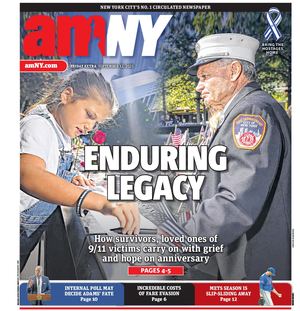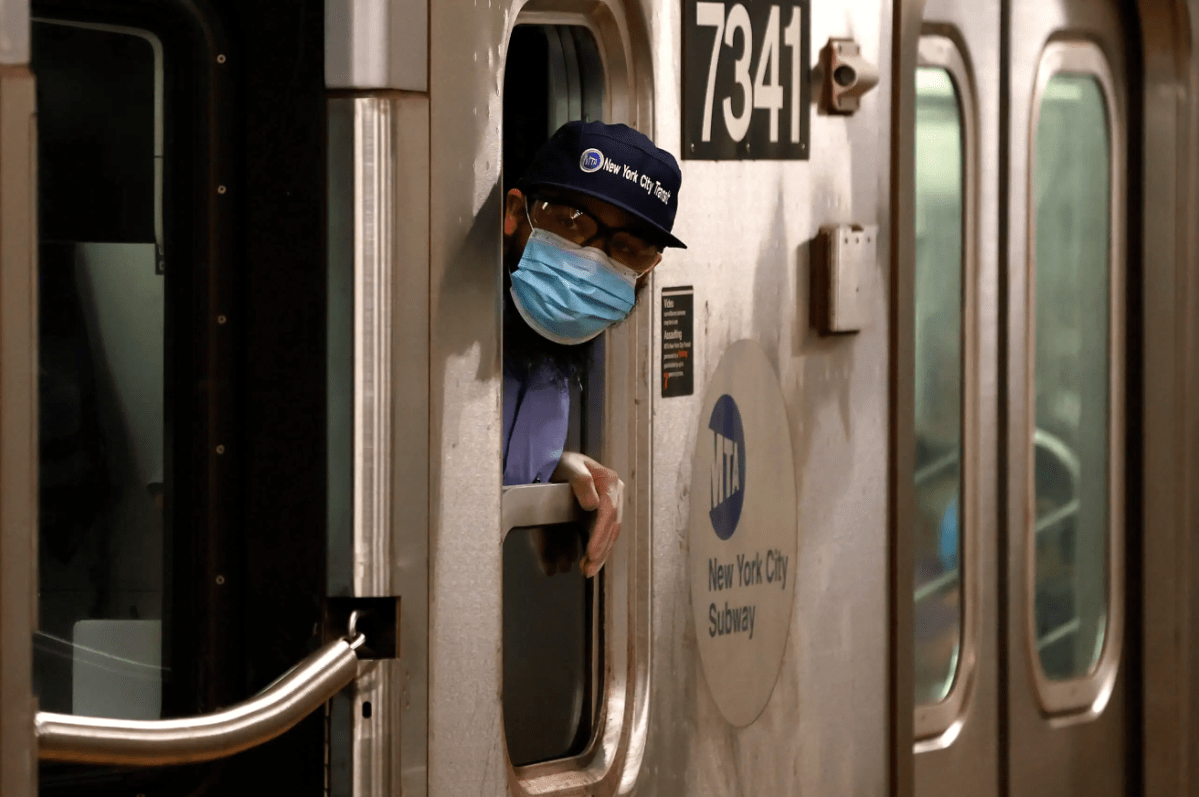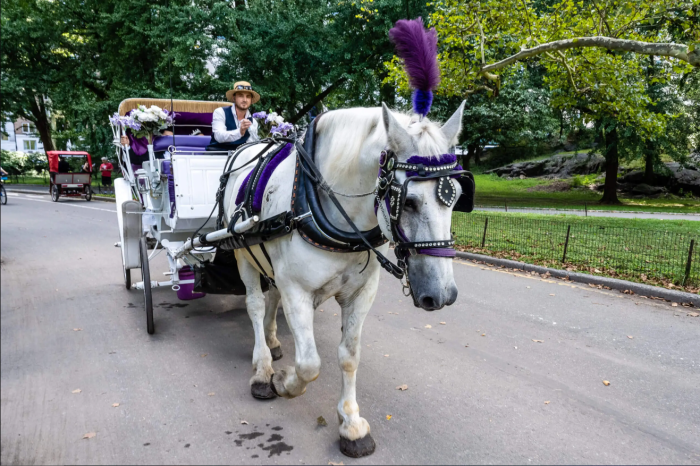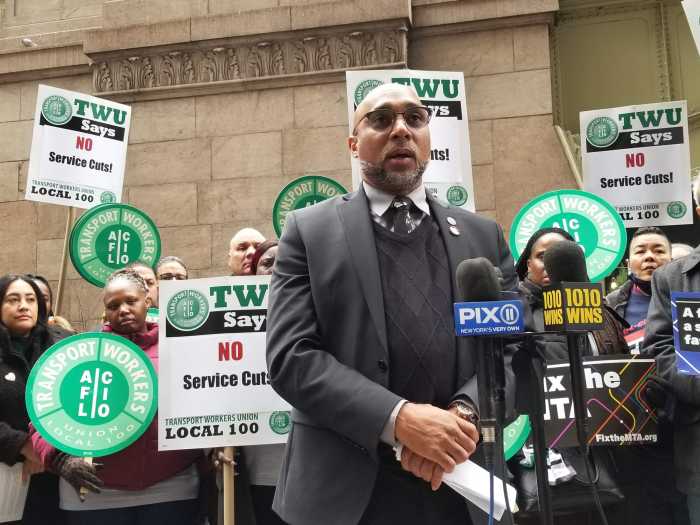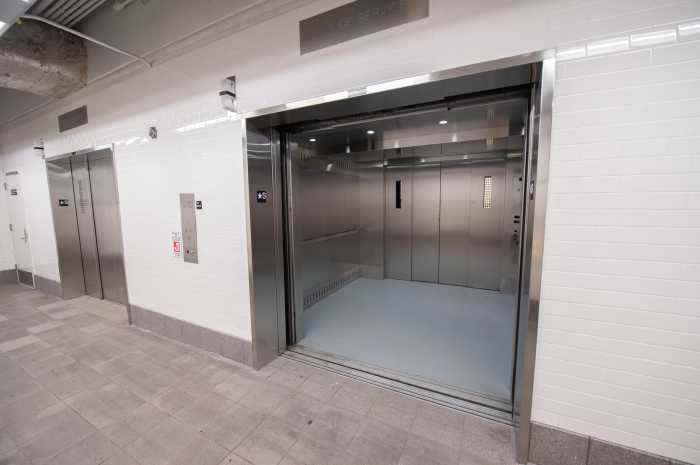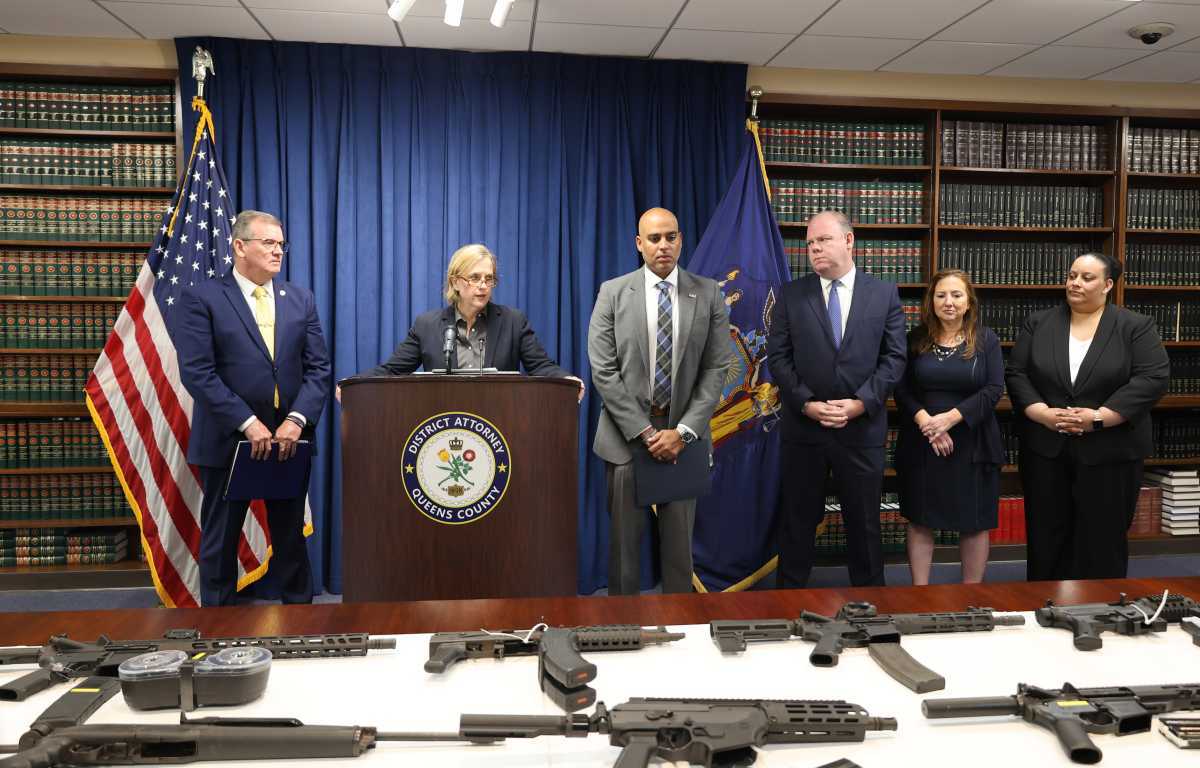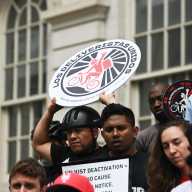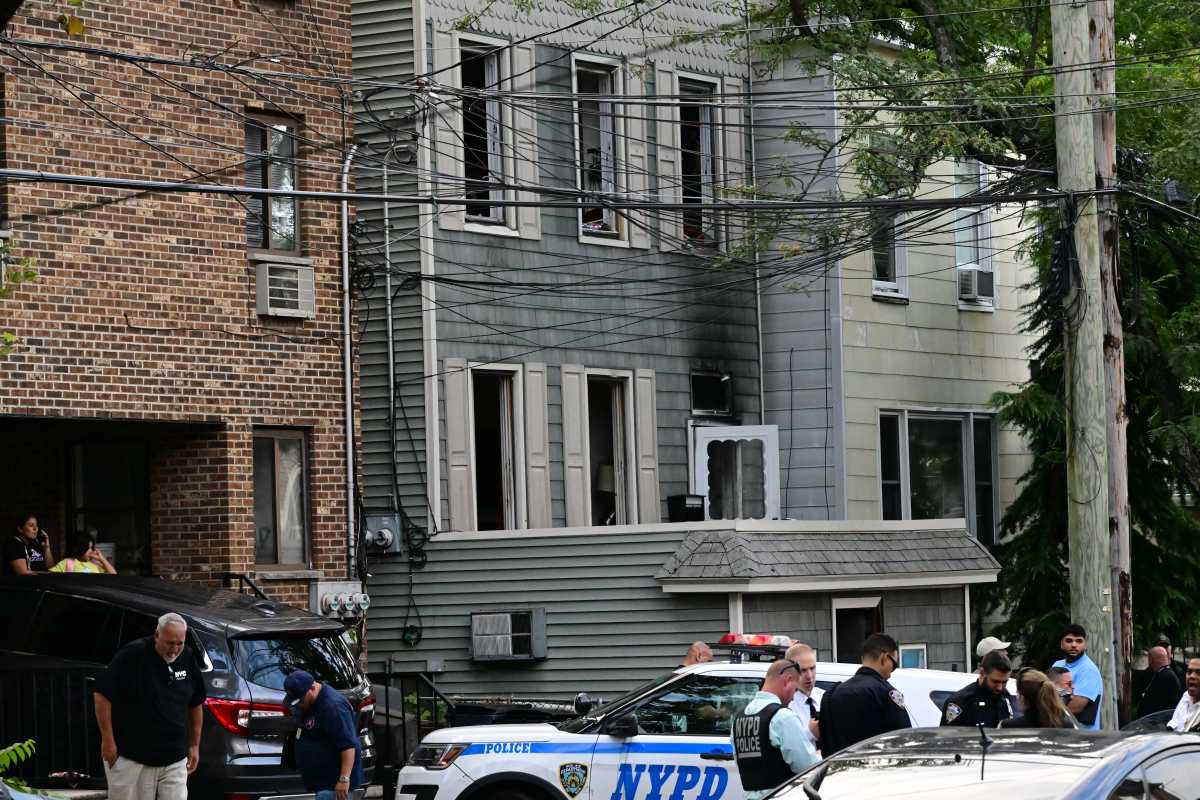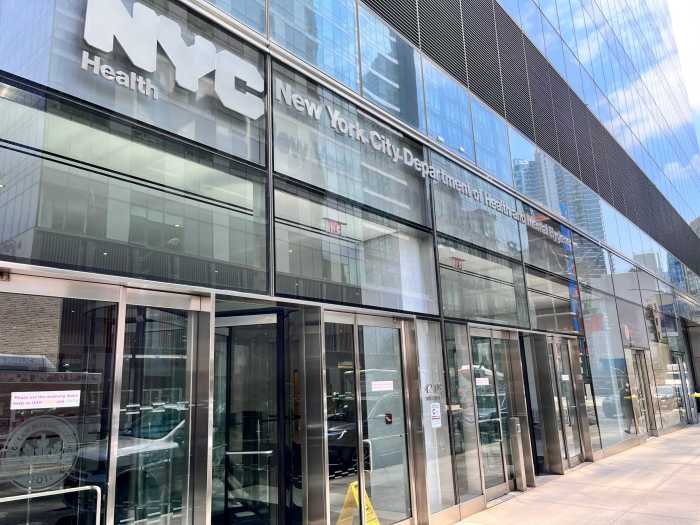UPDATE, Nov. 10, 2024
amNewYork Metro is retracting our Aug. 22, 2024 report, entitled “Majority of MTA workers report facing assault or harassment on the job: survey.“
The survey in question, conducted by New York University’s School of Global Public Health, purported to find an overwhelming majority of MTA transit workers had faced harassment or assault while on the job.
But this past week, NYU reported that its review of the original study found multiple discrepancies in the results. NYU says “numerous responses” came from people outside the New York Metropolitan area, while an unauthorized link to the survey was posted on social media — thereby compromising the results of a study that was designed to be emailed directly to transit workers.
As a result, NYU determined the survey “did not have the necessary safeguards in place to ensure that it was only taken by the intended respondents,” leading the university to conclude “their data was compromised” and retract the survey.
As a result, amNewYork Metro must do the same and retract our Aug. 22 report on the survey. We deeply apologize to our readers who come to us for accurate reports on the news about mass transit and civic life in our city.
“We are shocked and dismayed to learn of the retraction of the NYU Transit Workers Study that was the basis for our report of Aug. 22, 2024,” said amNewYork Metro’s editor-in-chief, Robert Pozarycki. “Our publication always strives to provide fair and accurate reporting, based on the best information provided to us at the time. We do not take this objective lightly. Given that NYU has now retracted its study, we must do the same with our report on their study — with full apologies and deep regret to our readers for any confusion or misunderstanding that may have resulted.”
